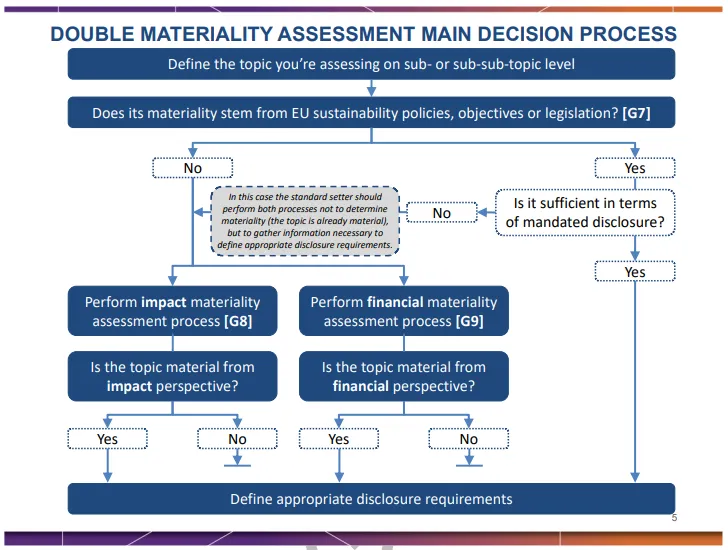The EU aims to make sustainability measurable. Is your data up for it?
A new wave of sustainability legislation from the EU is currently seeing the light of day. With "The European Green Deal", the EU has set the level of ambition for the green transition in the EU, where the goal is to become the first climate neutral continent in Europe.
For the companies affected by the new legislation, the collection, structuring, evaluation and presentation of data will be a necessary competence. It requires the right processes and competencies to be able to keep up with the sustainability agenda that the EU is currently setting out.
If you have a PIM system, you are well equipped to onboard, structure and report the many sustainability data that will be presented in an annual report in the future.
Sustainability Reporting – get ready for a new paradigm where data plays a central role
The EU's sustainability agenda is driven by a number of directives and regulations, all of which are implemented in either European or national legislation - several of them with effect as early as 2024!
In short, participation in the green transition is no longer voluntary, but a matter of compliance.
The winners in the new sustainability paradigm will be the companies that can work efficiently and structured with data. Therefore, we are focusing on the directives, regulations and tools that the EU is currently producing in order to promote the green agenda.
CSRD - Standardization of sustainability reporting for companies
One of the key directives in the EU's sustainability agenda is the Corporate Sustainability Reporting Directive (CSRD), 2022/2464/EU.
The CSRD Directive requires companies to report on how they affect and are affected by social and environmental conditions in their surroundings.
With the CSRD directive, the EU wants to make it easier to relate to a company's sustainability profile - both in terms of social, economic and environmental conditions.
The directive will enter into force in the 2024 financial year and initially covers large companies with 500+ employees. From 2025 onwards, smaller companies will gradually be subject to the same reporting requirements.
ESG - Classification of sustainability data related to social, environmental, and economic factors
The EU's sustainability agenda directs companies' focus towards reporting on sustainability data and the interplay between social, environmental, and economic activities.
ESG stands for "Environmental, Social, Governance" and can most of all be described as an umbrella term or synonym for "sustainability data".
Common to many of the EU's new directives is that they set requirements for reporting and therefore also for the acquisition, storage and publication of data. In this context, the ESG concept plays a central role and is often used as a classification of the new large amounts of data that companies have to deal with.
DPP - A digital product passport with data on products' circularity and sustainability profile
The EU-directive Ecodesign for Sustainable Products Regulation (ESPR) is a continuation of the so called "Ecodesign Directive (2009)", which according to the EU has led to energy savings of more than EUR 120 million.
With the ESPR, the EU is putting forward a number of legislative proposals to make the production, reuse and recycling of products easier and more sustainable.
This includes the idea of a Digital Product Passport (DPP). The idea is that the passport should contain data on the circularity of products - e.g. which parts of the product can be recycled, what materials the product consists of, and how large a CO2E footprint the product has.
EPR - Extended Producer Responsibility for Packaging
The Producer Responsibility for Packaging is an EU directive aimed at fostering a more circular economy within the Union. The directive is designed to reduce the use of unnecessary packaging, promote the use of recycled plastics, and increase the costs for companies that use environmentally harmful packaging.
Danish authorities expect around 41,000 Danish companies to report on their packaging usage as a result of the implementation of the EPR directive.
Following the enactment of the directive, Danish companies will need to measure and report their packaging usage moving forward.
"Double materiality analysis" - get started with your sustainability reporting
When companies are getting started with their sustainability reporting, a so-called Double Materiality Analysis is a critical tool. Double materiality is the guiding principle in the selection of which data the company commits to report on.

Dobbelt Væsentlighedsanalysens centrale bestanddele (Kilde: EFRAG.org)



